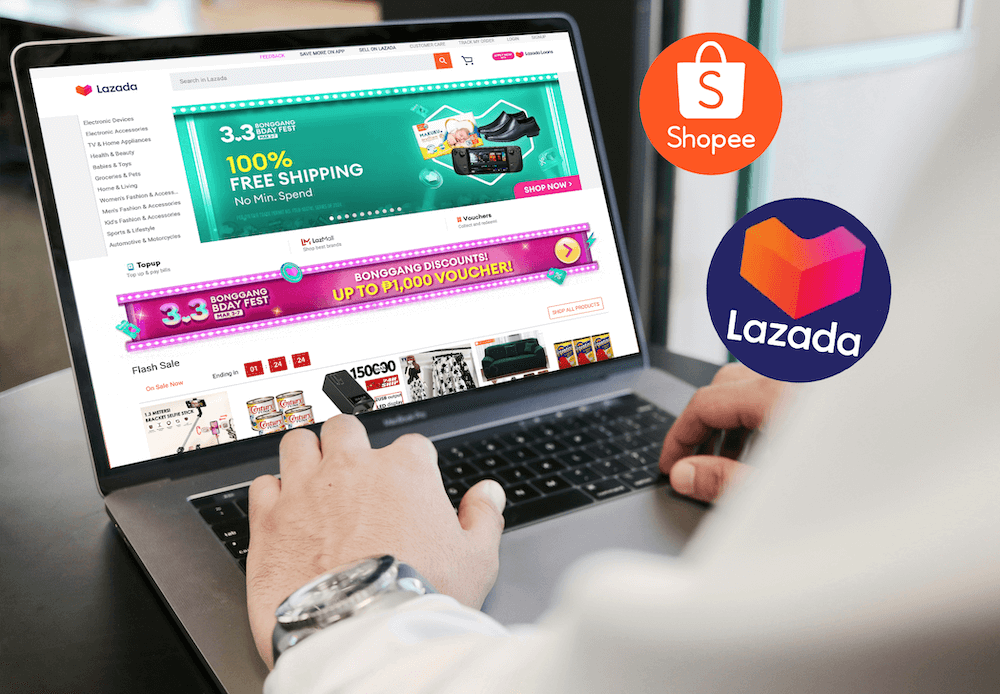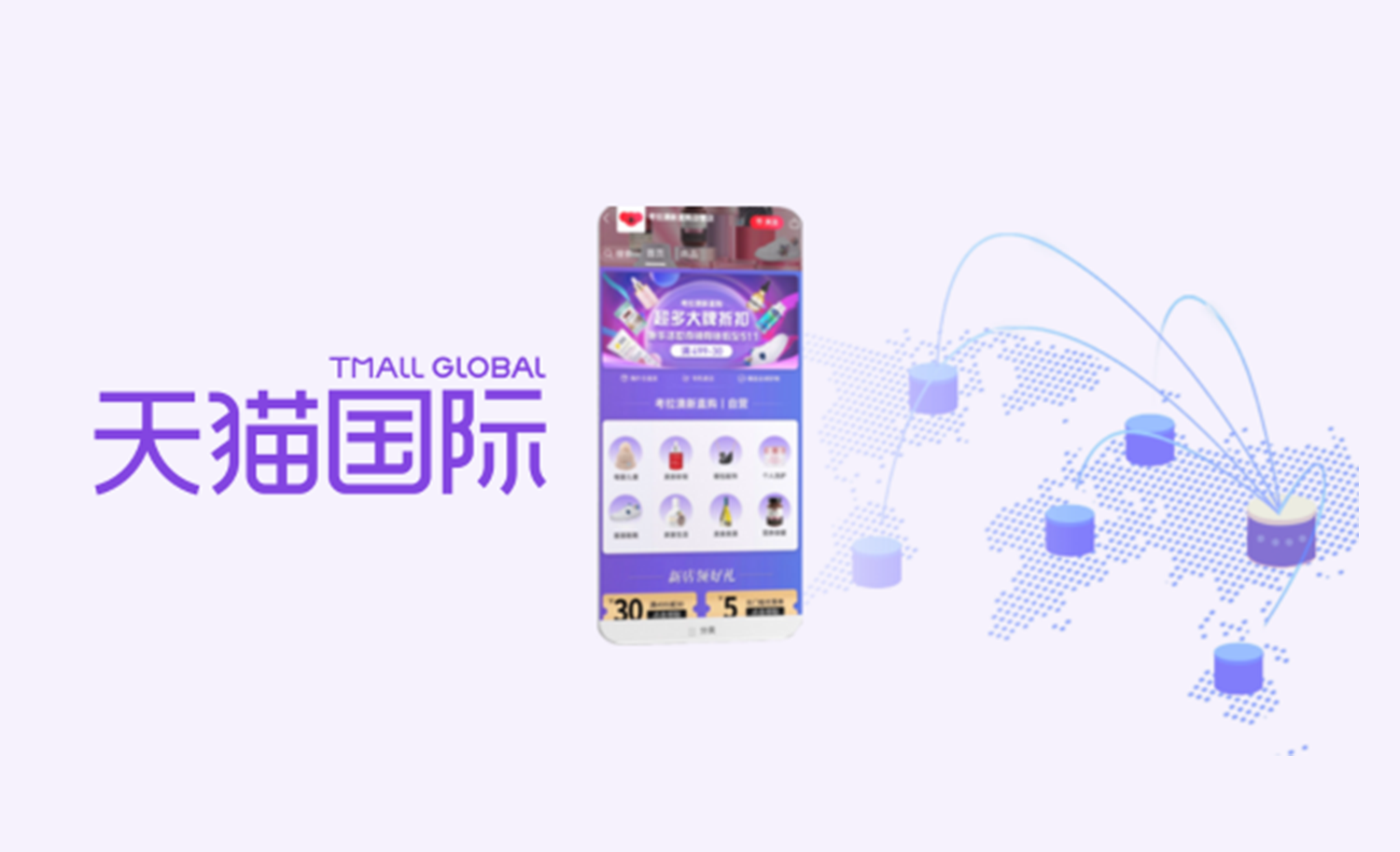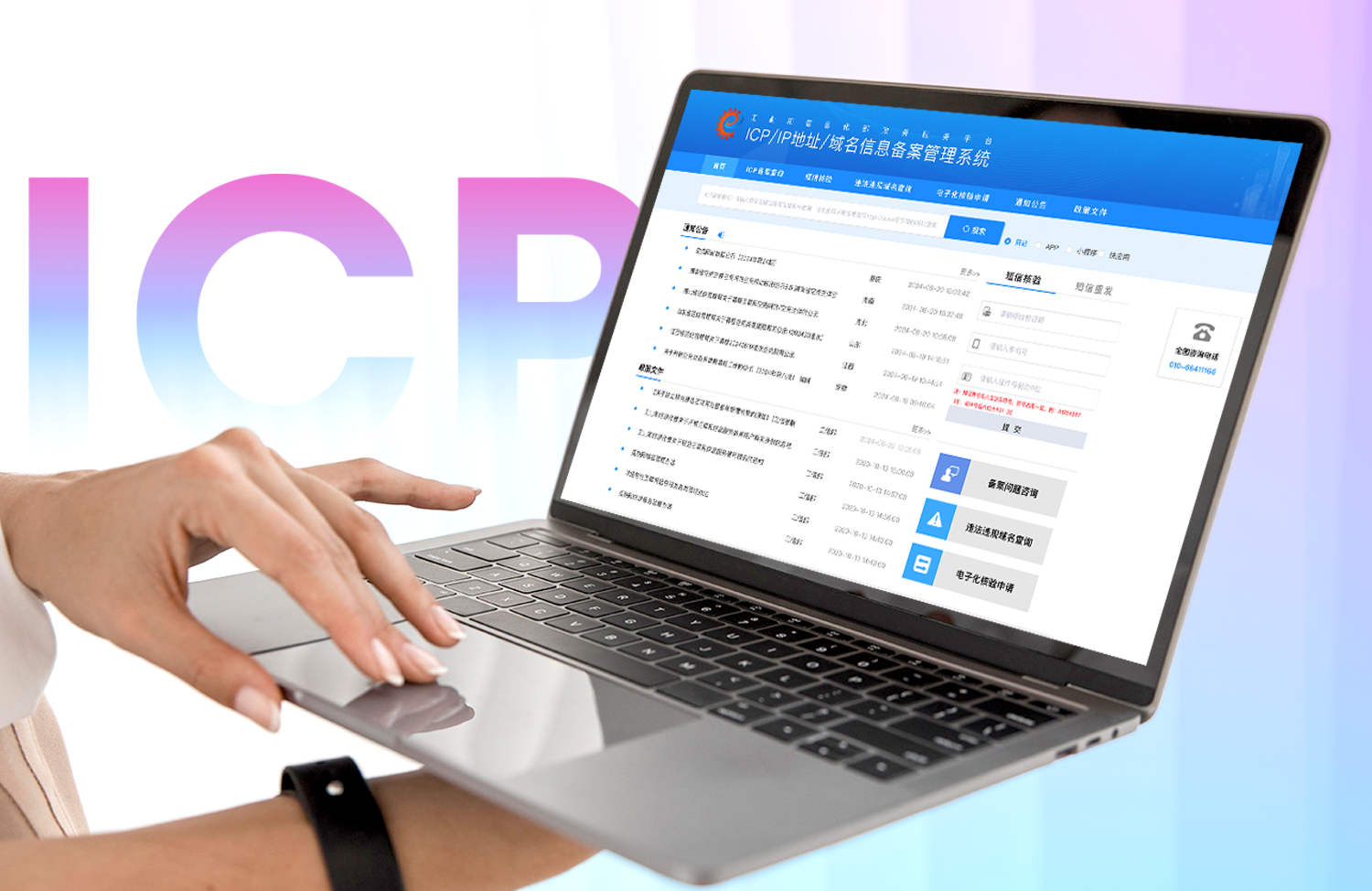We all know that personalization and customization can go a long way toward building a relationship with potential buyers. The thing is, personalization is so much more than just greeting the customer by name when they visit your website. That’s a great first step, but it’s not the only benefit you can get out of gathering information about your customers. Want to know what else you can do? Here are some tips.
Move Buyers Through the Journey
Speaking of the buyer's journey, personalization helps you guide those buyers through every point from awareness to delight. The ultimate faux pas after meeting someone is to introduce yourself again the next time you see him or her as if you’ve never met before. If only you had some way to remember who you’d met before, how many times you’d met, how interested they were in what you had to offer, and how close they were to making a purchase.
With personalization options on your ecommerce website, you can track each and every customer through every step of the buying process. You’ll know when to start greeting them by name, when to send them more information about the products that interest them, and which products to recommend.
Offer Custom Content
No matter what you sell on your ecommerce site, we’re sure that you haven’t shared all the possible information about every single product. The things you can’t fit on your website don’t have to languish forever. Instead, create helpful guides, ebooks, white papers, case studies, checklists, how-to instructions, tutorials, and anything else you can think of to get that information into the hands of your buyers.
When you have information that buyers are searching for specific products, offer them the applicable content to help them make up their minds. After they make a purchase, provide them with the tutorials and instructions they need to make the most of their products.
Sell scarves? Offer an ebook with ten different ways to wear that new scarf. Sell lawnmowers? Give a spec sheet that compares the various mowers each customer researches. There really will be something for everyone at any point in the buying journey.
Provide Better Product Recommendations
Oh, the product recommendations! Most ecommerce businesses attempt upselling and cross-selling with product recommendations. What are those recommendations usually based on? In many cases, they’re based on what previous buyers purchased. Since not every buyer is created equally—and sometimes people just buy really weird stuff—the recommendations aren’t always relevant.
By using the information you gather on each and every buyer, you can craft much more relevant recommendations. For instance, if someone is searching for lawnmowers, you could show them various mowers with similar specs. It wouldn’t be way off base to show them a weed trimmer, either. If, however, you threw in a patio table umbrella just because the last person who bought a mower also bought an umbrella, you’d only succeed in confusing your current customer.
Use Segmentation to Your Benefit
When you can segment your buyers with every bit of information you know about them, you have the ability to use that information at any given time. For instance, what if you had a pop-up message for all buyers experiencing sunny weather offering a discount on your best sunscreen moisturizers just for that day? Those who have rain and humidity would probably appreciate a frizz-control hair product ad instead.
You can use segmenting a million different ways, and all of those ways will help you build strong relationships with loyal customers. It’s yet another way you can surprise and delight consumers so they stick around for more and bigger purchases.
Improve Segmentation
Because consumers aren’t all created alike, you’ll need to work hard and often on segmenting your buyers according the wants, wishes, tastes, income, and any other descriptor you can think of. Absolutely every segmentation you can think of will apply.
For instance, Molly and Sue may both be female, between age thirty and thirty-five, and have roughly the same income. Does that mean they’re always lumped together? Of course not. Molly is married with kids and lives in the Midwest. Sue is single and ready to mingle and living in Manhattan. The amount of income they have to spend on online purchases, the types of items they’ll buy, the weather where they live—all of these things are different, and they’ll affect the marketing messages they react to.












